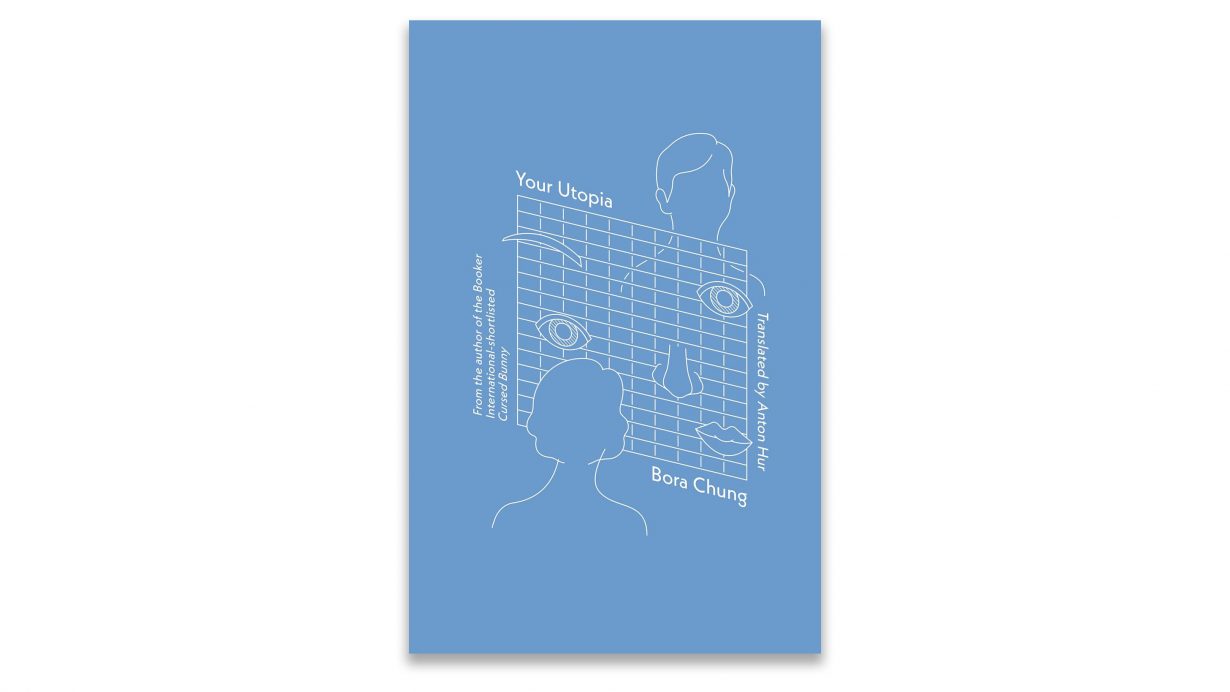In Chung’s short stories, to survive and outlive is to encounter loss and solitude

Bora Chung’s second compilation of short stories begins with a normal office drama, in which the main character, a low-level employee at the ‘Center for Immortality Research’, goes about preparing for the centre’s anniversary party. With its cranky humour and a storyline teeming with familiar bureaucratic ironies, the tale feels like an outlier to the seven macabre, apocalyptic sci-fis that follow. It is not until the story’s end that we learn that the section head was born in 1914 and is immortal. The theme of outliving one’s contemporaries resonates throughout the rest of the book.
In Your Utopia, to survive and outlive is to encounter loss and solitude – not just for humans but also and especially for machines. In its eponymous story, an intelligent, solar-powered vehicle designed to ‘convey slow and weak intelligence inside [it] over short and long distances’, outlasts all the humans it’s supposed to serve on a desolate, windy planet. After being registered as disowned, it sits in a hospital car park for ‘twenty-eight days, thirteen hours, and twenty-two minutes’ before strolling around ruminating on memories of its human owner and ai safety protocols. Eventually it finds solace carrying around a malfunctioning robot it finds in a junk pile (manufactured by the first settlers on the planet, robot 314 does nothing other than ask ‘Your utopia is… on a scale of one to ten’ making it an artefact of the settlers’ lost dream). In ‘The End of the Voyage’, a military-trained linguist survives a cannibalistic virus – which wipes out life on Earth and on a spacecraft in exile – but finds herself all alone when she finally eliminates all danger. Architectural surroundings become the witness and receptor of loss in ‘A Song for Sleep’, in which an intelligent elevator falls in love with an old lady with Parkinson’s. She eventually dies and as it ferries her corpse down the building it thinks, ‘For the first time since my activation, I do not want to operate’.
Your Utopia was written during the pandemic, a time that made the impact of loss palpable. ‘When faced with loss, one must mourn,’ Chung writes in an epilogue, ‘and to remember and mourn loss, one must survive.’
Your Utopia by Bora Chung, translated by Anton Hur. Honford Star, £14.99 (softcover)